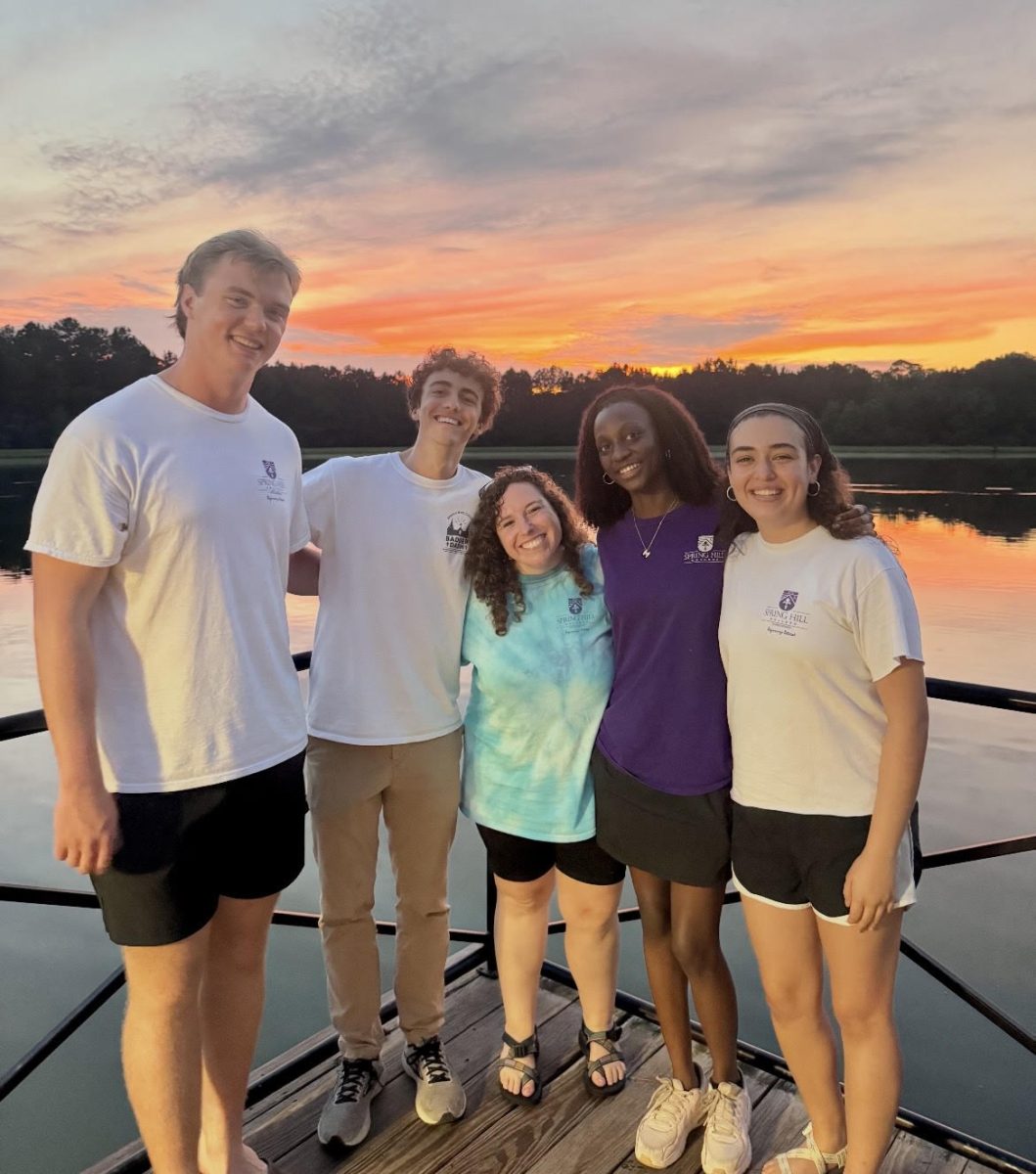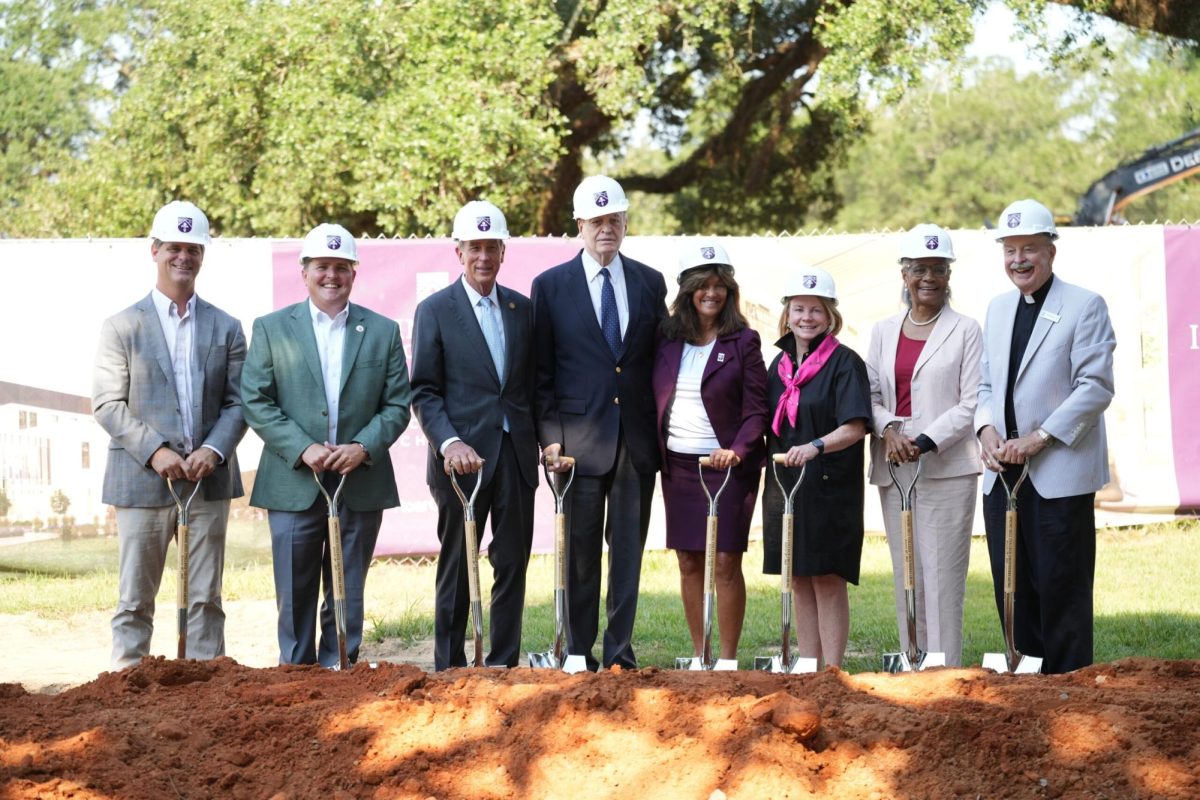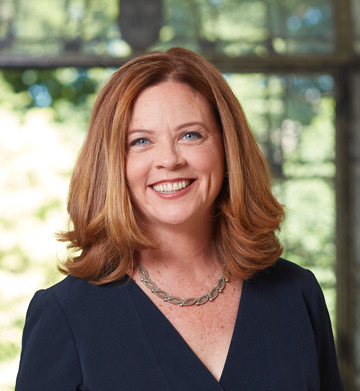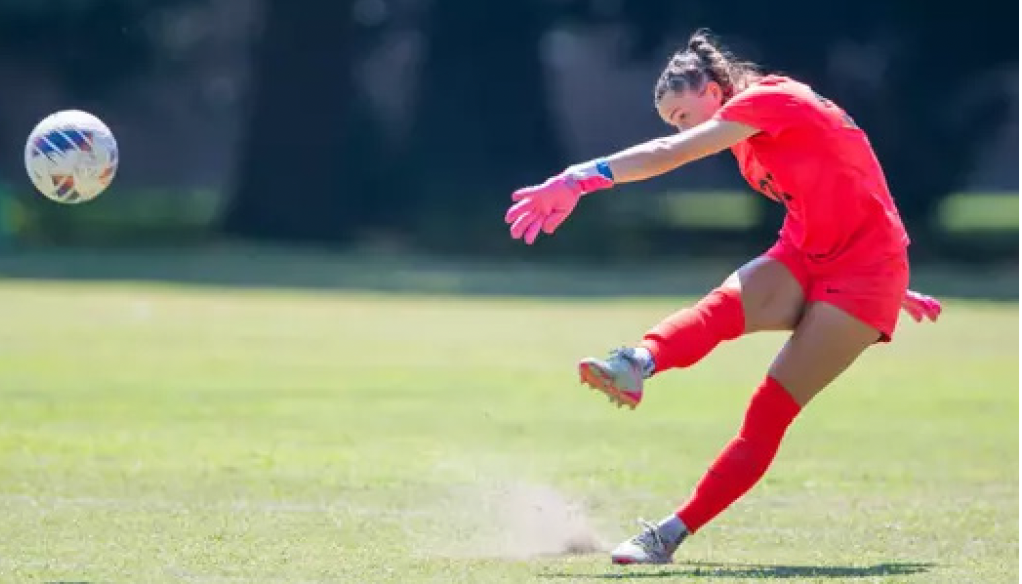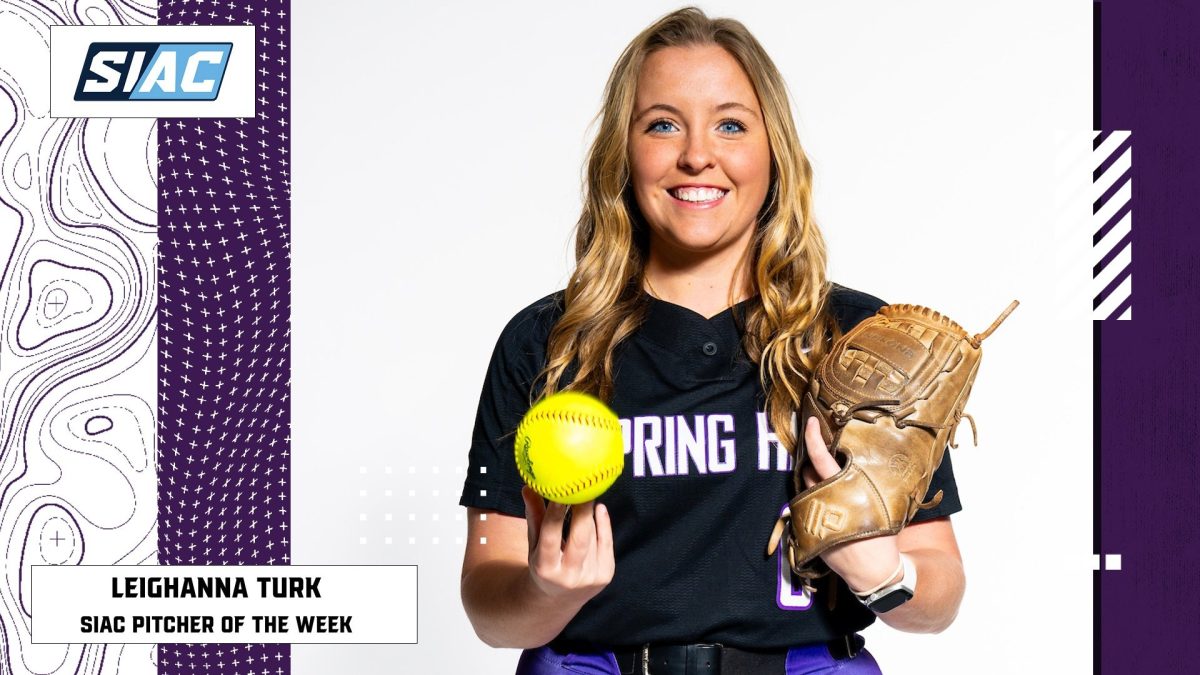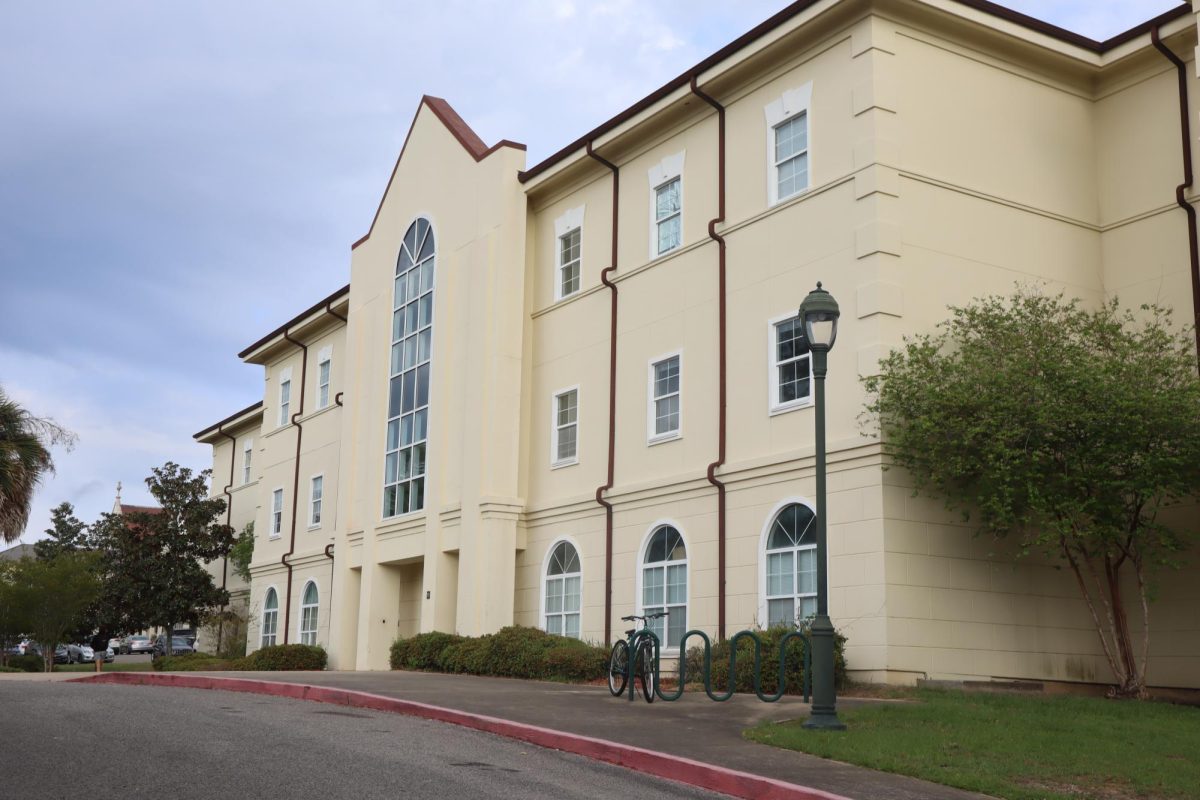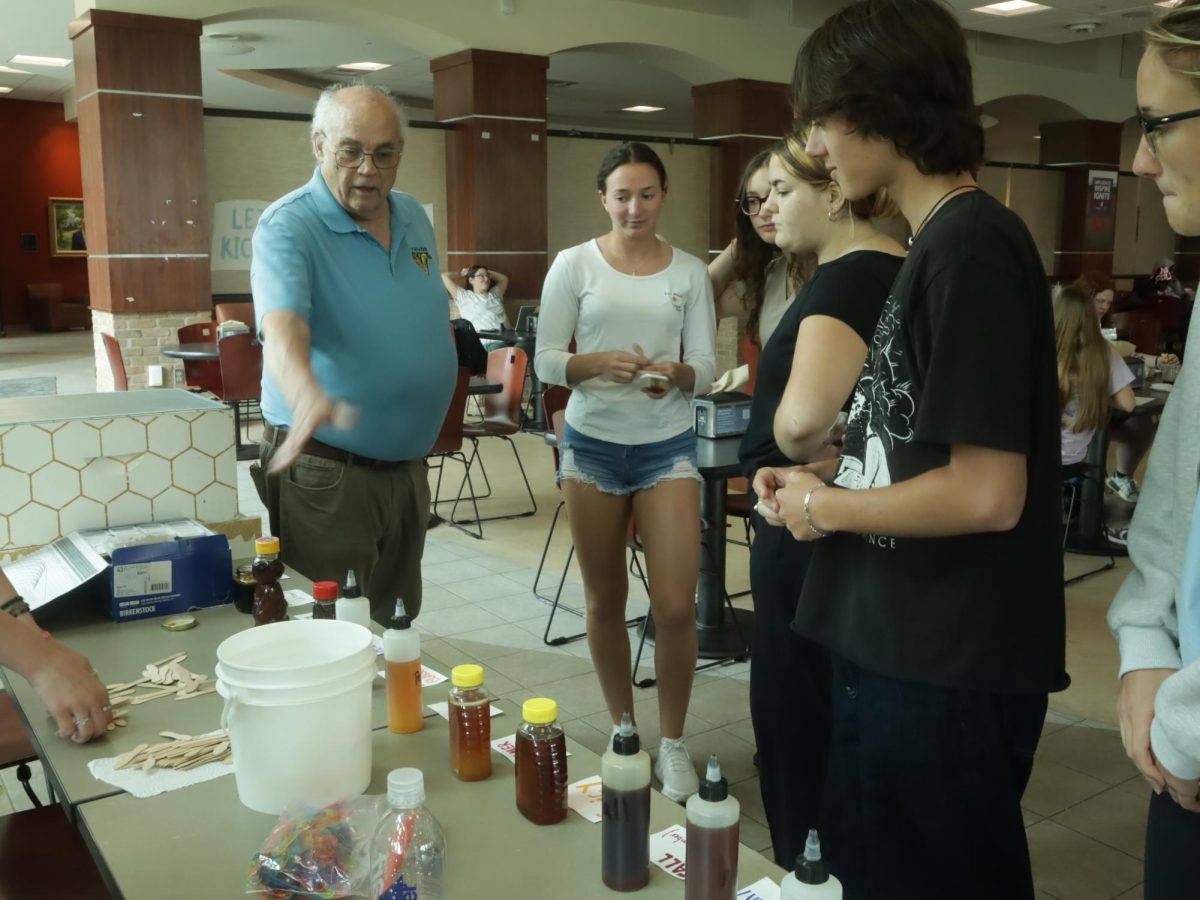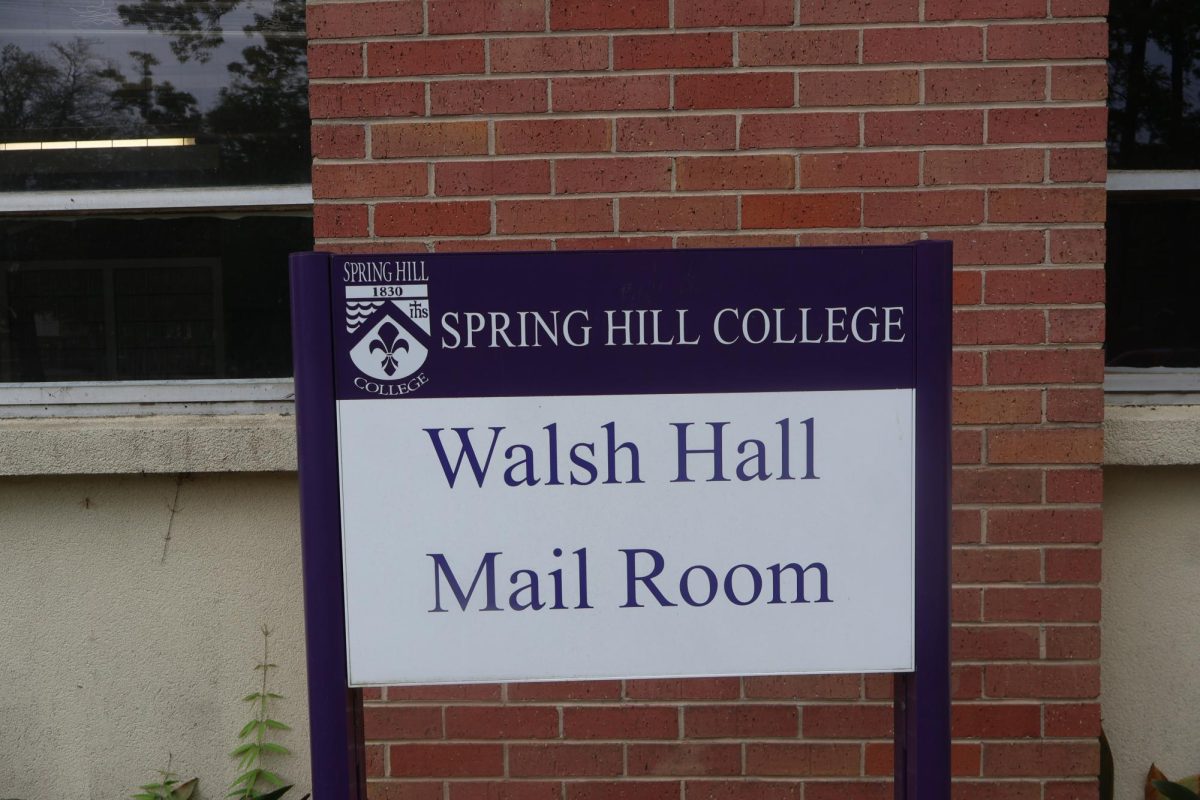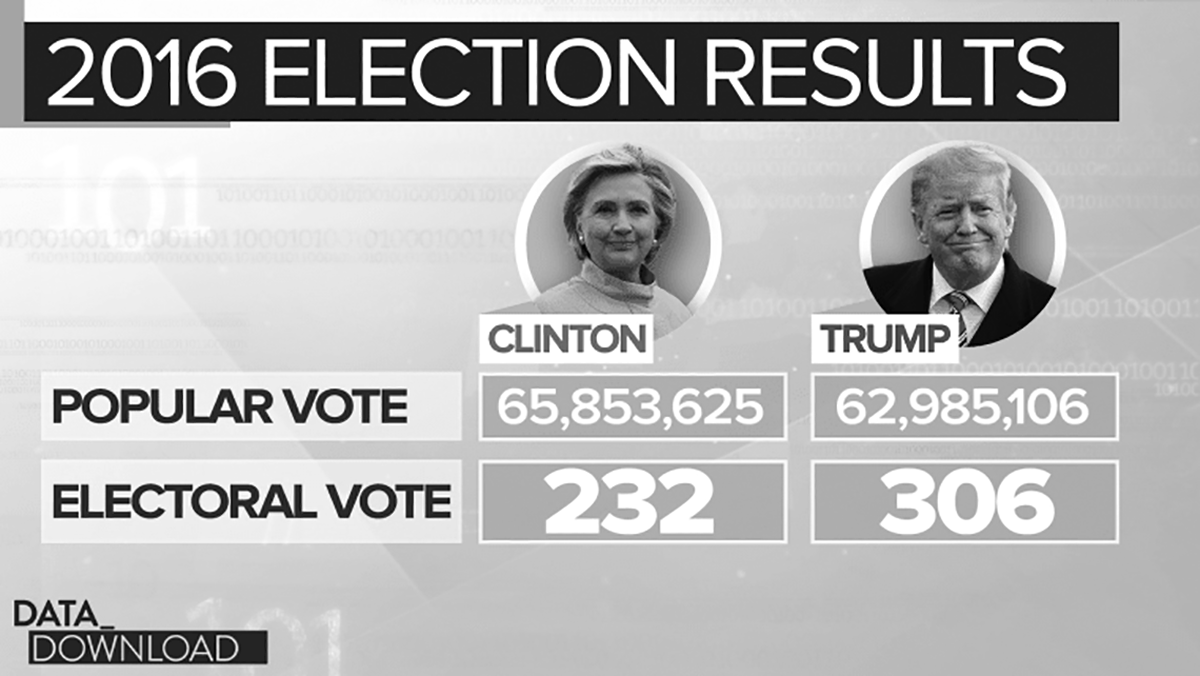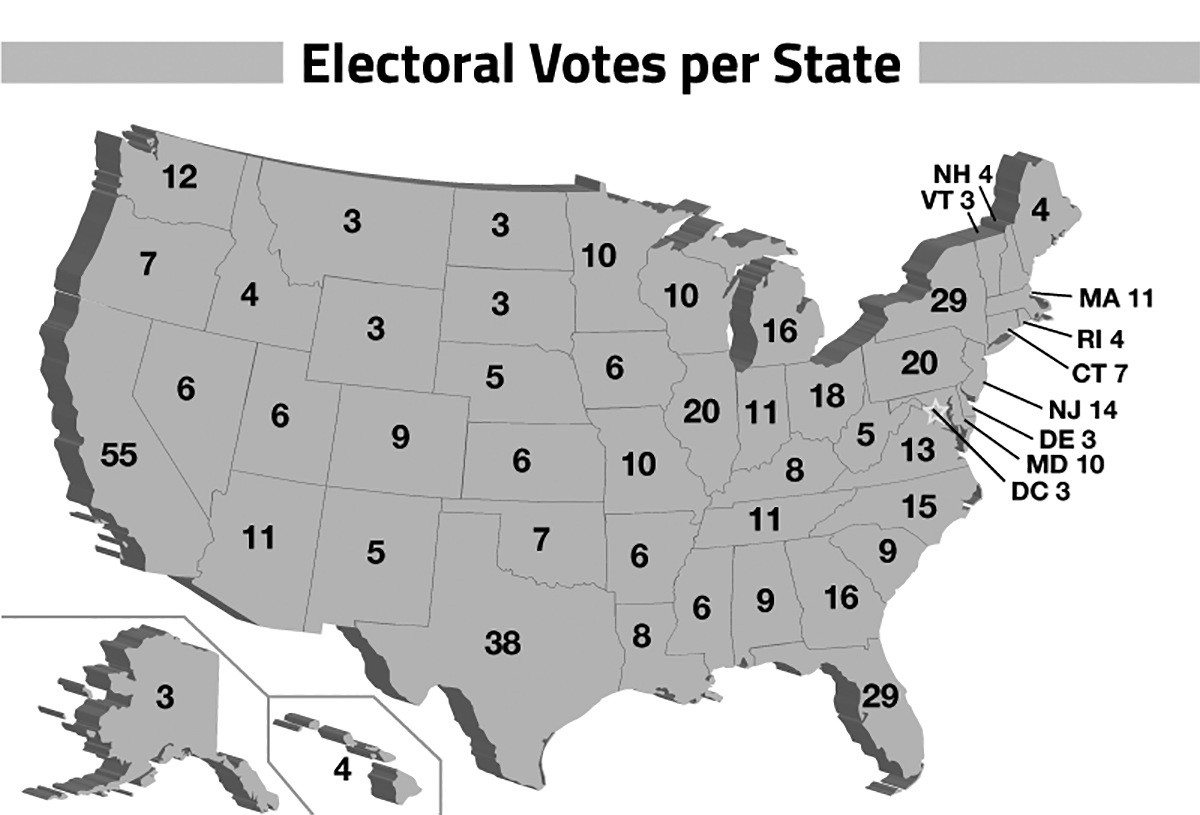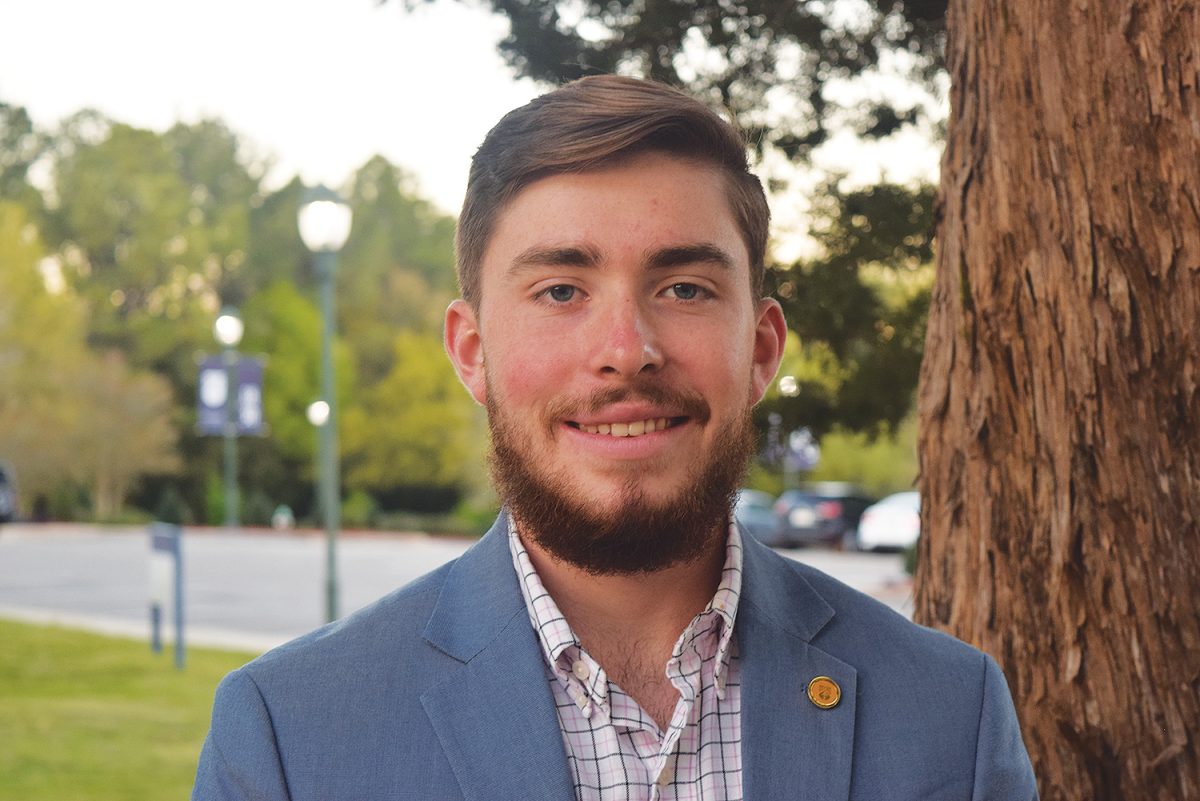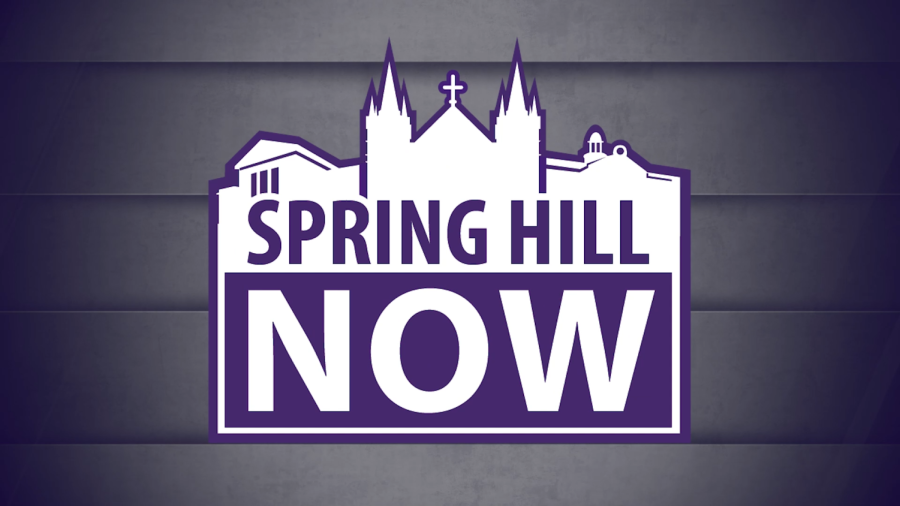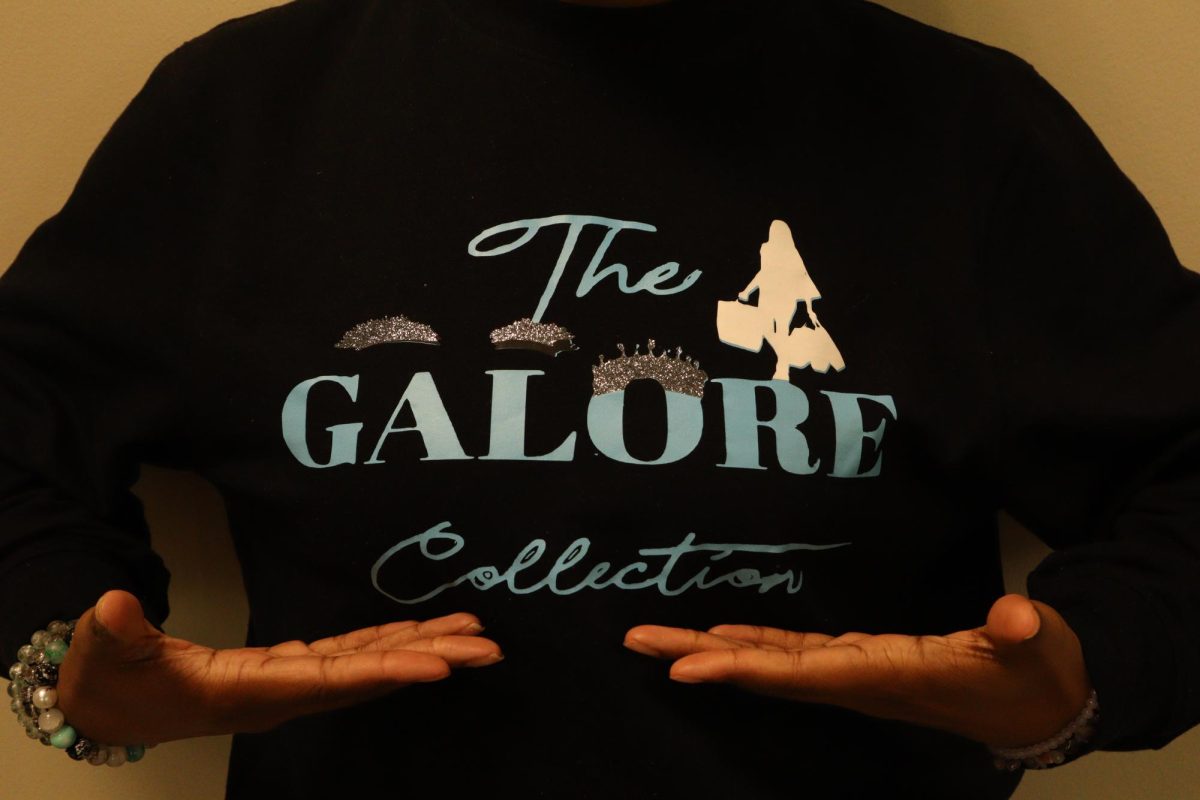Millions of women and men are affected by breast cancer every single year. Whether it be a family member or somebody is personally diagnosed with it, breast cancer has made a devastating impact on people’s lives. According to the National Breast Cancer website, breast cancer is the most common cancer in women. They state that “one in eight women in the United States will be diagnosed with breast cancer in her lifetime.” Once diagnosed, the National Breast Cancer Foundation shares that “Each year it is estimated that over 252,710 women in the United States will be diagnosed with breast cancer and more than 40,500 will die.” There is still a chance for survival, and that is what one Spring Hill College professor did. Dr. Meg Cole was diagnosed with breast cancer 3 years ago and is considered a survivor today. She shares that “I was absolutely overwhelmed with the diagnosis. You just look at yourself and say “I have cancer,” then you want it out as soon as possible.” Although Dr. Cole’s cancer was small, it still impacted her life heavily. She said “the radiation was 36 treatments five days a week. I learned a lot about that treatment that I did not know as a nurse. It was very time consuming and exhausting. I was very weak and depressed during the process. This took 2-3 hours daily. Following the treatments, I had mammograms every six months for two years. Now it has been three years I am considered a survivor.” Cole still has to take a pill every day to block her estrogen, but the people that surrounded here were there to help throughout her journey to survival. She states that “now I know what family and friend support means.”
In the past, the support system did not exist. Tons of women kept it a secret that they had been diagnosed with breast cancer. According to CBS “In generations past, women were much more likely to keep a breast cancer diagnosis under wraps. It was spoken of in hushed tones — or not at all. In the 1970s, first lady Betty Ford helped break the taboo by speaking openly about her battle with the disease.” Women were not allowed to openly talk about their breasts. According to USA Today, they state that Julia-Louis Dreyfus said “I remember in the ’80s when I couldn’t say the word ‘breast’ in a public meeting. If there were men in the audience, I had to say ‘mammary gland.”
Unlike any other cancer, the breasts are a sensitive part of the body for women that were not to be talked about. USA Today states that “A woman’s breasts aren’t just visible, they’re symbolic. breasts were a metaphor for not only sexuality but for nurturing.” Today, it is more common to discuss breast cancer in a conversation. CBS shares that “nowadays it’s less common for people to keep a diagnosis private given how prevalent cancer news and treatments are in the media, in everyday conversations and across social media.” Due to a movement in the United States culturally there is more support than hatred and embarrassment when women announce they have breast cancer. Dr. Meg Cole is ecstatic about the shift. She states that “It is great that we are willing to discuss breast cancer.” Cole continues to teach at SHC and keep up to date on breast cancer research.



